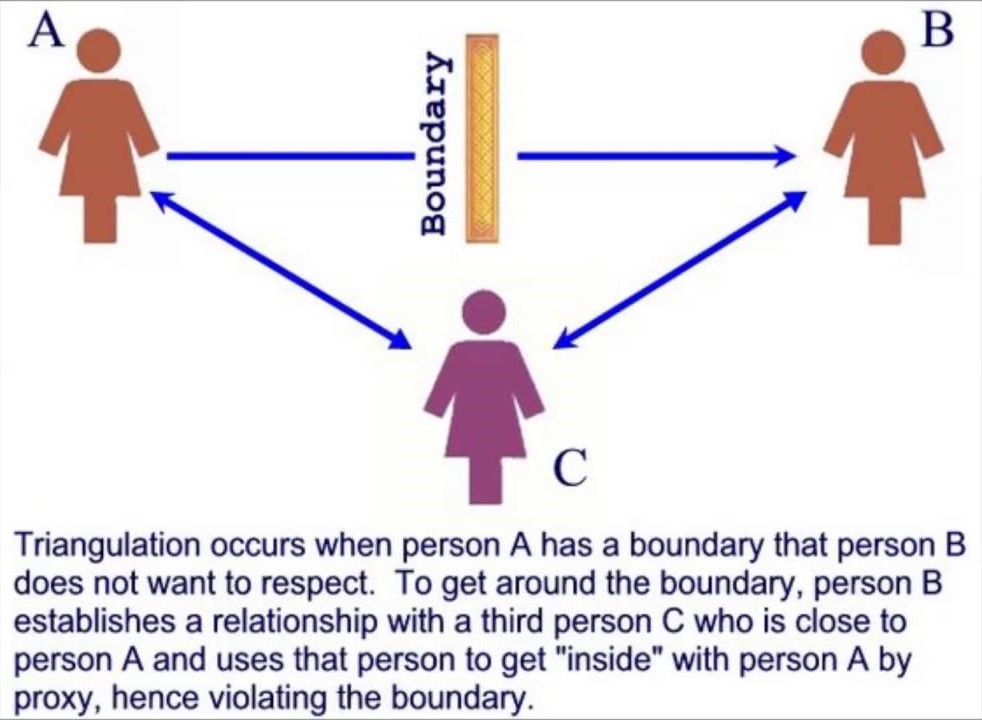June 2024

Agreeableness is a personality trait that can be described as cooperative, polite, kind, and friendly. People high in agreeableness are more trusting, affectionate, altruistic, and generally displaying more prosocial behaviors than others.1 Agreeable people don’t like to rock the boat. They want the team to all get along. Agreeableness isn’t inherently good or bad. There are environments where it does well, like formal education. However, it can be a disaster in a high-pressure business environment that depends on producing quality products or services, or a technical/scientific environment that requires precise facts and processes. Quality and facts neither care about or rely upon people getting along.
Women rate higher in agreeableness than men.2 They want to be liked and will take steps not to be disliked. Men get a positive chemical boost from conflict and competition, while conflict elicits negative chemical reactions from women, creating fear, stress and sadness. So, women will avoid conflict at all costs, even the destruction of the business. Yes, you can come up with women who are exceptions, but in most cases, this dynamic fits.
As if this were not enough, there is a second personality factor that reinforces this conflict-avoidant management style. Women are higher in neuroticism than men. Neuroticism is the trait disposition to experience negative affects, including anger, anxiety, self-consciousness, irritability, emotional instability, and depression3. Persons with elevated levels of neuroticism respond poorly to environmental stress, interpret ordinary situations as threatening, and can experience minor frustrations as hopelessly overwhelming. Neuroticism is closely linked to conflict avoidance.4 This makes it more likely that women in corporate leadership positions will choose to avoid conflict rather than considering less popular ideas, calling out incompetence, or even stopping fraud.
Conflict avoidance is negatively related to information exchange and team cohesion. This affects productivity in a number of ways. It can cause miscommunication resulting from confusion or refusal to cooperate. There is also reduced collaboration and problem-solving. It breeds distrust because employees cannot depend on the leader to make difficult choices and do what is best for producing quality results. Team members stop voicing opinions or offering solutions. There are lost opportunity costs when improvements or solutions never happen, because new ideas and possible problems are never addressed. Indirectly, this unresolved conflict leads to increasing stress levels and even more unmeasurable loss in productivity due to inability to focus at work.5
In my 30+ years in Corporate Amerika, my biggest problem with female bosses was that almost all of them were relational leaders. They focused on everyone getting along, above getting the job done. This is great if you have a team where everyone is ethical and engaged, but as soon as you get a toxic player into the mix, it falls apart. I have seen many female managers and directors turn a blind eye towards, or even cover for, these toxic people, rather than calling them out and risking turmoil in the team.
I tested this when I was ready to leave the work force and retire. I called out an unethical, corrupt contractor who was raking in money and destabilizing systems. I had video evidence of his lies and corruption, evidence of documents he had plagiarized, as well as technical evidence that he was incompetent and wrecking systems, but my female director and his female director both excused it as him “meaning well” and just being “overly zealous.” When I pushed it, I was marginalize, slandered behind my back, and forced out of the company. The contractor remained there, continuing to collect money for making things worse. Human Resources was almost exclusively female, so guess where they came down on the toxic player issue? All they did was back up the two female directors. I was the problem because I was not a team player.
To a relational boss, the greatest crime isn’t failing to deliver a project. The cardinal sin is not being a team player.
To a relational boss, the greatest crime isn’t failing to deliver a project. It isn’t producing a poor-quality product. It isn’t incompetence, laziness, or even fraud. No, the cardinal sin is not being a team player. Raising any kind of objection or warning is seen as a threat to smooth relations within the team. Rest assured, they will passive-aggressively make you pay the price for doing so. They will never tell you to your face, because that would be confrontational. You will just be quietly discarded behind the scenes with nobody ever telling you why.
This dynamic doesn’t just apply to work teams. It also applies to outsiders trying to sell products or services. I repeatedly saw female managers and directors purchase whatever is sold by the most charming, pretty-boy salesman without listening to in-house warnings or recommendations. It wasn’t even a sexual thing. It was simply wanting to get along and not cause any hurt feelings. Hurting a salesman’s feelings? Give me a break. I personally witnessed or experienced this on more than one occasion, a technical person being chastised or even asked to leave the room for asking the salesman to answer a valid technical question. It was seen as being “confrontational.” I’ll bet car dealers love ripping you off.
They will maintain a “perfect mental state” at all costs, including the destruction of their own lives and everything around them. They will always go for the lie because of the comfort it provides in the perfect mental state, no matter how incompatible that is with the real world.
Aaron Clarey
Below are some of the more common actions I observed from female relational managers during the course of my corporate career:
- Failing to call out corrupt and incompetent contractors, because it might negatively affect the team, enabling those contractors to continue cashing in for destroying systems
- Buying whatever tech is recommended by salesman without listening to in-house people’s recommendations or even performing their own due diligence
- Prioritizing everyone on the team feeling good about things rather than producing results
- Hiring people based on their “synergy with the team” rather than competence or abilities
- Promising people things to make them feel good, but then never delivering
Their management actions are predicated on everyone getting along. They care more about smoothing things over than getting things done. They care more about a façade of agreeableness, than holding people accountable for shoddy work. They care more about cooperation than doing the right thing. They care more about not upsetting a contractor, than calling him on fraud or incompetence.
Cry and rant about my words all you want. Call me misogynistic. Call me toxic. Call me the latest man-shaming buzzword. I don’t care. It is the truth. Keep ignoring it and you will keep destroying businesses.
1Agreeableness, Psychology Today
2Gender Differences in Personality across the Ten Aspects of the Big Five
4Personality traits and conflict resolution styles: A meta-analysis, Science Direct
5Workplace Coach: Companies pay the price when managers avoid dealing with conflict, Seattle PI

















